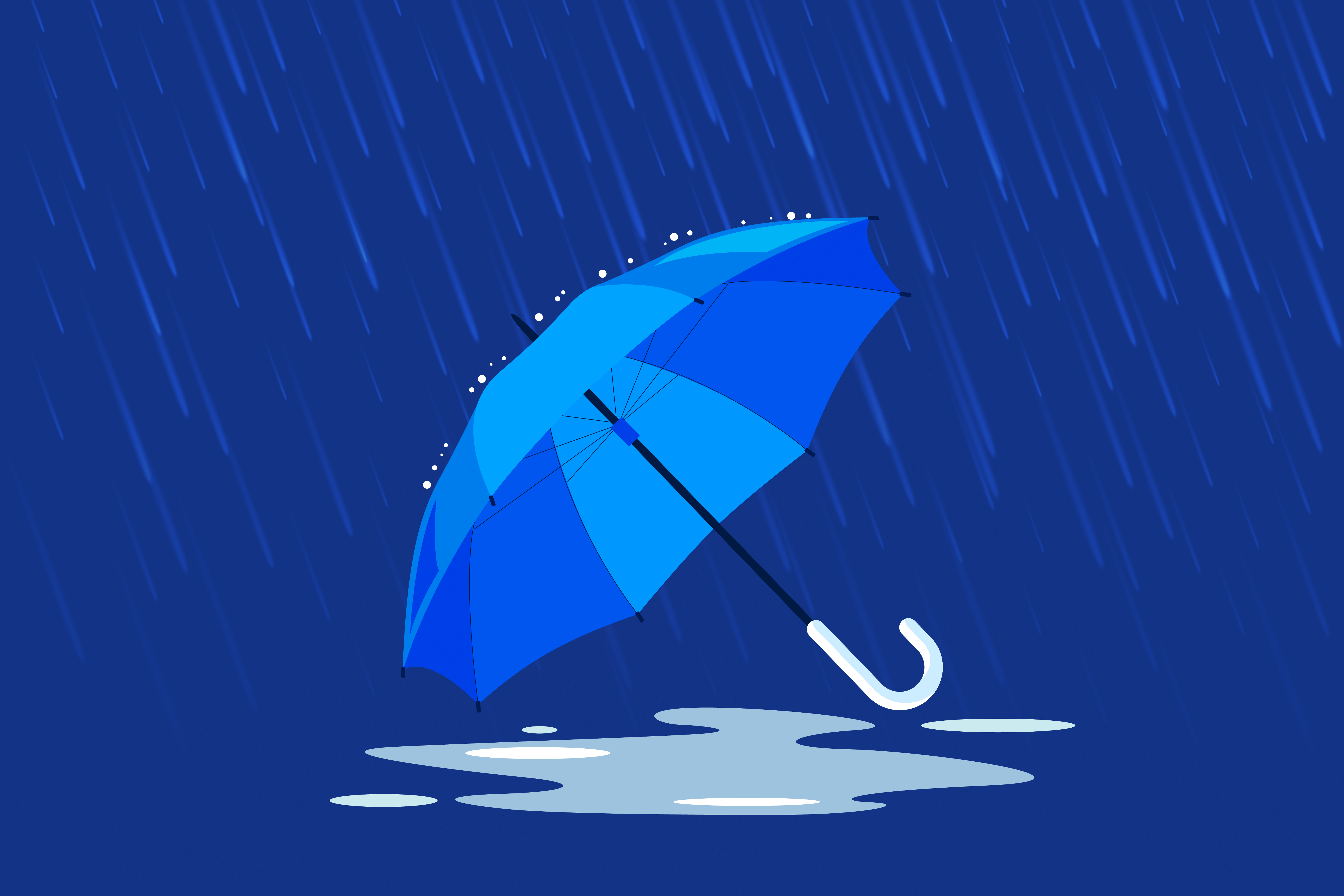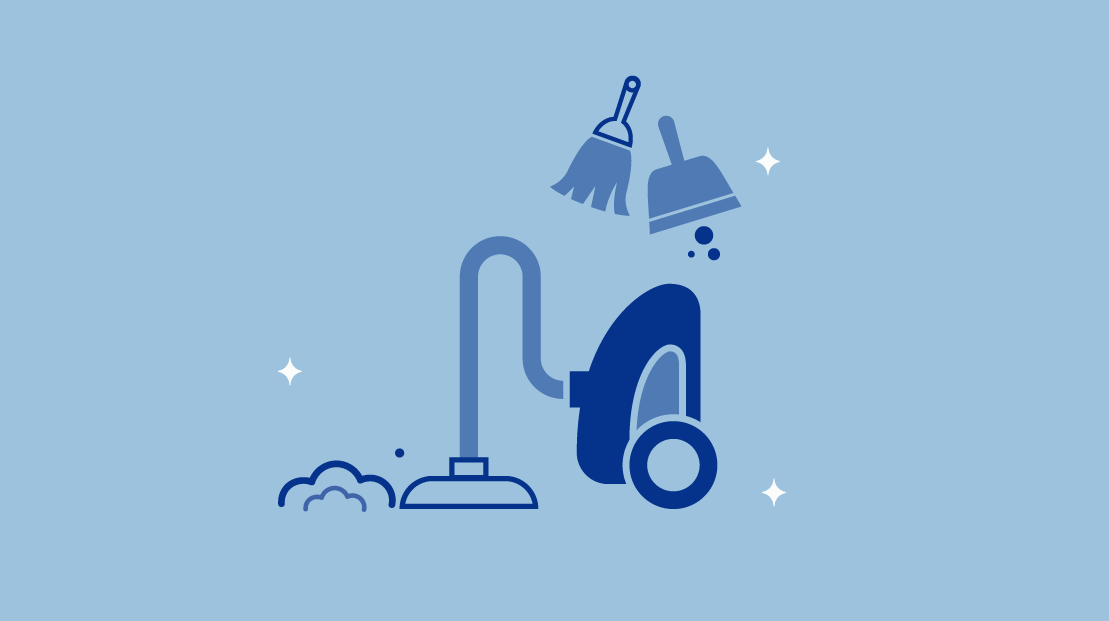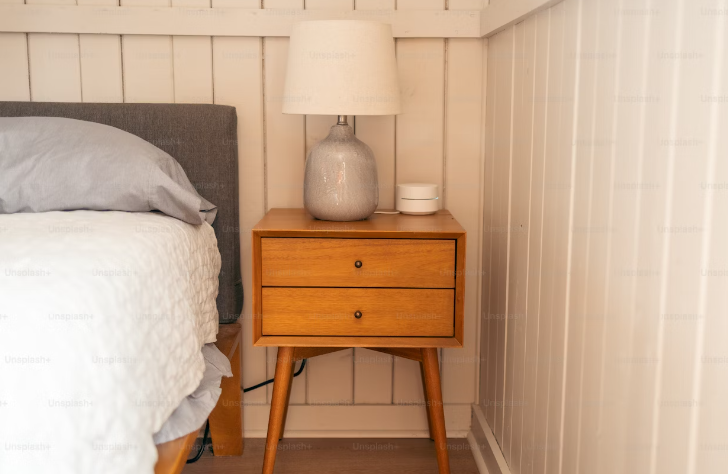Key Takeaways
- Rain’s Relaxing Influence: The sound of rain, accompanied by the visual spectacle of a darkened sky and rhythmic raindrops, induces a sense of calmness and relaxation. Rain can lower stress hormones, reduce anxiety levels, and create an environment conducive to quality sleep.
- Rain as Pink Noise for Sleep: Rain’s rhythmic and consistent patter against surfaces mirrors the characteristics of pink noise—a balanced distribution of frequencies with therapeutic properties. Pink noise, whether natural or simulated through technological means, serves as a sleep aid by masking disruptive noises and fostering a conducive auditory environment for a restful sleep.
- Scientific Insights into Rain’s Sleep-Inducing Effects: Reduced sunlight during rainy days impacts serotonin production, contributing to drowsiness and lower energy levels. Rain creates a soothing atmosphere that influences circadian rhythms, induces calmness, and triggers melatonin production, all promoting better sleep.
Have you ever wondered why the sound of rain hitting the roof or window can make you feel drowsy and fall asleep? Rainy days have a way of putting us in a relaxed state, and there are scientific reasons behind this unusual sleepy feeling.
In this article, we’ll explore the impact of dim light, as much natural light, rainy days, the sound of rain hitting the ground, and the production of pink noise. By the end of it, you’ll understand the factors that contribute to a good night’s sleep during rainy weather.
Rain’s sleep-inducing effects aren’t limited to simply the sound of raindrops falling on the ground. The production of pink noise, similar to white noise but with a different distribution of frequencies, is effective for sleep aid purposes. In this section, we will dive into the soothing effects of rain and pink noise during stormy weather and how they can be used to aid sleep.
The Soothing Effects of Rain
Rainy weather possesses a unique ability to induce a sense of calmness and relaxation in individuals, making it a natural remedy for stress and restlessness. The gentle tapping of raindrops against windows, roofs, and leaves creates a soothing symphony, offering a therapeutic backdrop for those seeking respite from the demands of everyday life.
This auditory experience is often accompanied by a visual spectacle—the darkened sky, the rhythmic dance of raindrops, and the occasional flash of lightning—all contributing to a multisensory experience that promotes a tranquil state of mind. The sound of rain itself has been scientifically proven to lower stress hormones, reduce anxiety levels, and create an environment conducive to sleep.
Moreover, the impact of rain on temperature and humidity plays a crucial role in enhancing the sleep-inducing effects. The cool and refreshing atmosphere that rainy weather brings can be especially conducive to a comfortable night’s sleep. As raindrops gently touch the ground, they release negative ions into the air, a phenomenon associated with increased serotonin levels and an improved sense of well-being.
In essence, the soothing effects of rain go beyond the physical sensation of water falling from the sky; they encompass a holistic experience that taps into the intricate connection between nature and our emotional well-being. Embracing the calming influence of rain allows individuals to find solace in its gentle embrace, turning a rainy day into an opportunity for relaxation and rejuvenation.
Rain as Pink Noise
Rain, with its rhythmic and consistent patter against various surfaces, has been likened to a natural form of pink noise—an auditory phenomenon that holds therapeutic properties for sleep and relaxation. Pink noise, Verified Source National Library of Medicine (NIH) World’s largest medical library, making biomedical data and information more accessible. View source distinguished by its equal distribution of sound frequencies, mirrors the balanced and steady nature of rainfall, making it an intriguing subject of exploration in the realm of sleep science.
Sometimes scientists would use rain sounds as a type of pink noise to study its effect on sleep, Dr. Jing Zhang adds. In a study Verified Source ScienceDirect One of the largest hubs for research studies and has published over 12 million different trusted resources. View source researchers found that pink noise that sounds like rain falling effectively improved sleep time for both night time sleep and over a nap.
The parallel between rain and pink noise lies not only in their shared frequency characteristics but also in their capacity to create a masking effect for other background noise. Pink noise, like the sound of rain, can effectively drown out disruptive noises, providing a cocoon of steady sound that helps the mind disengage from surrounding disturbances.
This masking quality is particularly beneficial for those who struggle with insomnia, as it reduces the impact of sudden sounds that might otherwise disrupt the delicate transition into sleep. For some, a steady sound that can produce pink noise can help them fall asleep faster, such as sleeping with a fan on.
Rain as pink noise is not limited to natural occurrences alone. Technological advancements have allowed for the creation of devices that replicate the calming sound of rain, facilitating a controlled and customizable experience. Whether it’s through rain-simulating apps for sleep, white noise machines, or purpose-built devices, individuals can harness the sleep-inducing potential of rain-like pink noise in the comfort of their homes.
The Science Behind Rain’s Sleep-Inducing Effects
Have you ever wondered why rainy days make you feel so sleepy and relaxed? There are pretty fascinating scientific reasons behind this unusual sleepy feeling.
One of the primary reasons is less sunlight during rainy days. Our bodies require as much natural light as possible for the production of serotonin, Verified Source National Library of Medicine (NIH) World’s largest medical library, making biomedical data and information more accessible. View source the hormone that improves our mood and energy levels Verified Source ScienceDirect One of the largest hubs for research studies and has published over 12 million different trusted resources. View source When we are exposed to less sunlight, our bodies produce less serotonin and, as a result, feel drowsy and lack energy.
Rain creates a soothing environment that makes it difficult to wake up and start your day. The sound of rain hitting the roof or windows of your home is a singular sound that can put your mind at ease. Moreover, rainy weather is associated with staying cool and relaxed, making it easier to fall asleep.
Moreoever, we tend to stay indoors and engage in relaxing activities when it rains, which also promotes sleep, Dr. Jing Zhang pointed out. A study shows that people are less physically active on rainy and short sunlight days.
Seasonal affective disorder (SAD) is also partially linked with rainy weather. SAD Verified Source National Library of Medicine (NIH) World’s largest medical library, making biomedical data and information more accessible. View source is a type of depression Verified Source National Library of Medicine (NIH) World’s largest medical library, making biomedical data and information more accessible. View source that occurs during the winter months when sunlight is scarce. Rainy weather can exacerbate symptoms of SAD, making it harder to get out of bed and stay motivated.
Additionally, the distinctive pitter-patter sound of rain can impact our emotional state and biological clocks. Our bodies have their own heartbeat, which determines our energy distribution and influences our circadian rhythms. Rainy weather and the sound of rain can synchronize brainwaves Verified Source ScienceDirect One of the largest hubs for research studies and has published over 12 million different trusted resources. View source as other pink noise does, reduce stress Verified Source National Library of Medicine (NIH) World’s largest medical library, making biomedical data and information more accessible. View source and induce calmness, and produce melatonin, a hormone that regulates sleep.
Even the environment that rainy weather creates contributes to the sleep-inducing effects of rain. Rustling leaves, the sound of thunder, and lightning flashes can keep your mind occupied, while the dark sky outside may encourage you to snuggle up with big pillows and indulge in calming thoughts.
Improving Sleep When It Rains
If you’re looking to optimize rainy days for better sleep quality, one method is to create an environment of total darkness. This can be achieved by using blackout curtains or a sleep mask.
Once you’ve got the room dark, make sure you take steps to make sure it stays cool but not cold. Sleeping with breathable breathing and keeping the room temperature in the mid-60 degree Fahrenheit range can help.
Meanwhile, if you’re feeling sleepy from the rain earlier in the day, try moving around a little bit. Staying active and engaged in activities that keep your mind occupied can counteract the sleepy feeling brought on by rainy weather. As a bonus, regular exercise can improve sleep at night.
If need be, you can also try some impromptu light therapy. Make sure the room you’re in is brightly lit, mimicking the UV light you would experience on a sunny day as best you can.
FAQs
Why do I feel so tired when it rains?
Feeling tired during rainy weather can be attributed to several factors. One primary reason is the impact of weather on natural light levels. Rainy and overcast conditions can lead to decreased exposure to natural sunlight, affecting the body’s circadian rhythm and potentially causing feelings of lethargy.
Additionally, changes in barometric pressure and temperature during rainy weather might influence sleep quality and energy levels for some individuals.
Does rainy weather affect sleep?
Rainy weather can indeed influence sleep patterns for some people. The sound of rain, often considered soothing, can have a calming effect and promote relaxation conducive to sleep. However, heavy rain accompanied by thunderstorms or changes in atmospheric pressure may disrupt sleep for individuals sensitive to weather changes.
Proper sleep hygiene practices, such as creating a comfortable and dark sleep environment, can help mitigate potential disruptions caused by rainy weather.
What happens to your body when it rains?
When it rains, your body may experience various physiological responses. The decrease in natural light due to cloud cover can affect the production of melatonin, the hormone responsible for regulating sleep-wake cycles.
Additionally, changes in barometric pressure might impact joint and muscle pain, potentially influencing overall comfort. The sound of rain can also trigger relaxation responses, leading to a sense of calm and, for some individuals, improved sleep quality.
How do you fall asleep when it’s raining?
Falling asleep when it’s raining can be a calming experience for many. To enhance the sleep-inducing effects of rain, create a cozy sleep environment by dimming lights and eliminating sources of noise. Consider using blackout curtains to block external light, and use white noise machines or apps to drown out any disruptive sounds.
Embracing the soothing sound of rain and adopting a consistent bedtime routine can contribute to a more relaxed state, promoting better sleep when it’s raining.
How do you sleep during a severe thunderstorm?
Sleeping during a severe thunderstorm may pose challenges due to loud noises and potential anxiety. To enhance comfort and minimize disturbances, create a safe and secure sleep environment. Close curtains or blinds to minimize flashes of lightning, and use earplugs or noise-canceling headphones to reduce the impact of thunder sounds.
If anxiety is a concern, practicing relaxation techniques like deep breathing or listening to calming music can help manage stress levels and improve the chances of a restful sleep despite the storm.
Conclusion
Now that you understand the scientific reasons behind why rain makes you sleepy, you can optimize your sleep environment and embrace the calming nature of rainy days.
So next time you’re feeling drowsy on a rainy day, don’t fight it. Snuggle up with some big pillows, listen to the distinctive pitter-patter of rain hitting your window, and let your mind be occupied with calming thoughts.
About the author
Geoff McKinnen is a writer focusing mainly on the healthcare industry and has written articles on everything from foods to help you lose weight to the connection between Alzheimer’s and sleep. Geoff’s passionate about helping readers improve their well-being to lead happier lives. Outside of work, Geoff enjoys cycling and hiking and believes that by leading a healthy lifestyle, he can help others do the same.
View all posts





